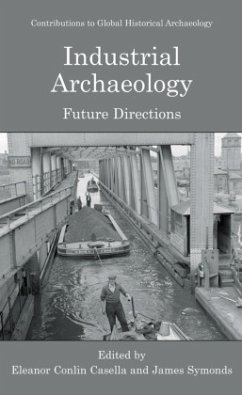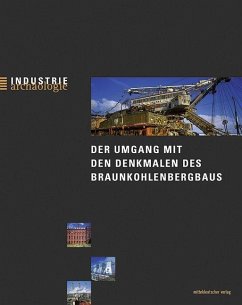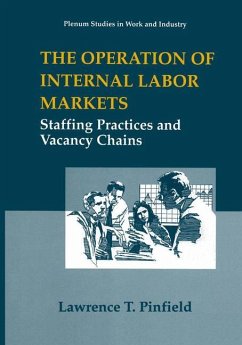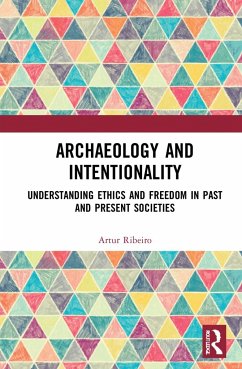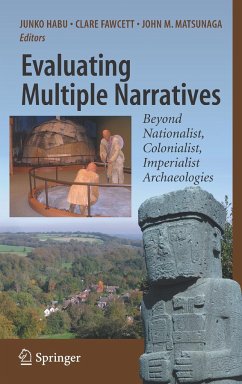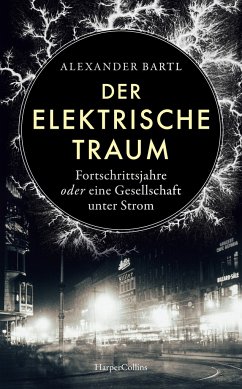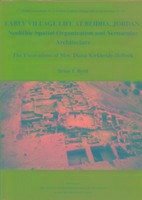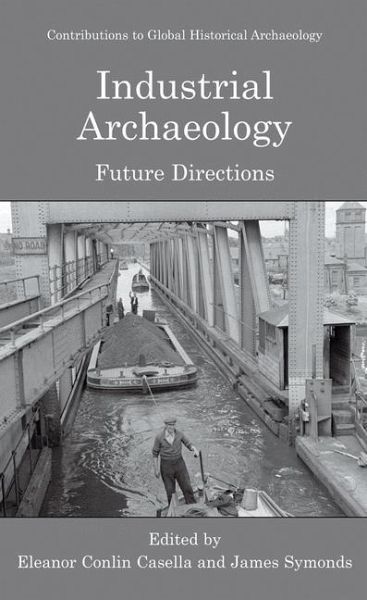
Industrial Archaeology
Future Directions
Ed. by Eleanor C. Casella and James Symonds

PAYBACK Punkte
34 °P sammeln!
The essays in this book are adapted from papers presented at the 24th Annual Conference of the Theoretical Archaeology Group, held at the University of Manchester, in December 2002. The session "An Industrial Revolution? Future Directions for Industrial Archaeology," was organised by the editors, and sponsored by English Heritage, with the intention of gathering together leading industrial and historical archaeologists from around the world. Industrial archaeology has emerged as a theoretically driven subfield. Research has begun to meaningfully engage with such issues as globalisation; power;...
The essays in this book are adapted from papers presented at the 24th Annual Conference of the Theoretical Archaeology Group, held at the University of Manchester, in December 2002. The session "An Industrial Revolution? Future Directions for Industrial Archaeology," was organised by the editors, and sponsored by English Heritage, with the intention of gathering together leading industrial and historical archaeologists from around the world.
Industrial archaeology has emerged as a theoretically driven subfield. Research has begun to meaningfully engage with such issues as globalisation; power; innovation and invention; slavery and captivity; class, ethnic, and gender identities; social relations of technology and labour; and the spread of western capitalism.
With an international group of authors, this volume highlights the current thought in industrial archaeology, as well as explores future theoretical and methodological directions.
Industrial Archaeology : Future Directions will be of interest to historical and urban archaeologists, architectural historians, preservation agencies, archaeological consulting organizations, and cultural resource managers.
Industrial archaeology has emerged as a theoretically driven subfield. Research has begun to meaningfully engage with such issues as globalisation; power; innovation and invention; slavery and captivity; class, ethnic, and gender identities; social relations of technology and labour; and the spread of western capitalism.
With an international group of authors, this volume highlights the current thought in industrial archaeology, as well as explores future theoretical and methodological directions.
Industrial Archaeology : Future Directions will be of interest to historical and urban archaeologists, architectural historians, preservation agencies, archaeological consulting organizations, and cultural resource managers.





